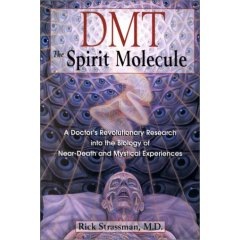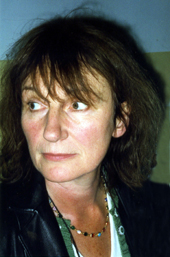
By: Melissa Healy
From: Los Angeles Times
Date: January 23, 2012
Psilocybin mushrooms' power to throw open the doors of perception is well documented in ancient legend and modern song. But not until now have high-tech brain-scanners captured the process by which psilocybin causes a sudden shift in human cognition. The secret to its mental magic? It appears to power down the brain's seat of reason and disconnect it from regions that process the way we see, hear and experience the world.
Those findings, gleaned by a group of British neuroscientists, were published Monday in the Proceedings of the National Academy of Sciences.
Within a minute after subjects got an infusion of psilocybin, researchers said, scanners that plot blood flow within the brain detected a sudden drop in activity in the medial prefrontal cortex and the posterior cingulate cortex, two areas of the brain that appear to be key in "grounding" us in reality. These areas also are key nodes of the brain's newly identified Default Mode Network, which springs to life when our minds wander.
Thus untethered, the brain's sensory regions are free to soar. Subjects reported unusual changes in their visual experiences, including geometric patterns, distortions of space and size, and dreamlike perceptions. They reported that their thoughts and imaginations wandered, their perceptions of time were changed, and sounds they heard brought on vivid images -- a mingling of sights, sounds and thoughts such as those experienced by people with the brain regions that showed the most consistent decline in activity under psilocybin's influence were the same brain regions that are most active in everyday cognition, said the study's authors, who come from a consortium of British universities and the University of Copenhagen in Denmark. Those regions function not only as "connective hubs" among brain regions with different functions; they are key in the kind of idle thinking in which we place ourselves at the center of our surroundings and experience.
The study's authors suggest that psilocybin's outsized effect on the brain's Default Mode Network may reveal a key function of the system. The findings suggest that a working Default Mode Network "is crucial for the maintenance of cognitive integration and constraint under normal conditions."
The study also may help suggest why psilocybin is increasingly seen as a promising treatment for a number of psychiatric conditions, including depression, addiction and post-traumatic stress disorder. By suppressing the intrusive and self-centered ruminations that are hallmarks of depression and allowing individuals to transcend themselves, drugs like psilocybin may be key to shifting perspectives and priorities, the authors wrote.
Complete Article: Neural Correlates of the Psychedelic State as Determined by fMRI Studies With Psilocybin
This article contains supporting information online at: www.pnas.org
By: Robin L. Carhart-Harrisa, David Erritzoea,Tim Williams, James M. Stone, Laurence J. Reed, Alessandro Colasanti, Robin J. Tyacke, Robert Leech, Andrea L. Malizia, Kevin Murphy, Peter Hobden, John Evans, Amanda Feilding, Richard G. Wise, & David J. Nutt


